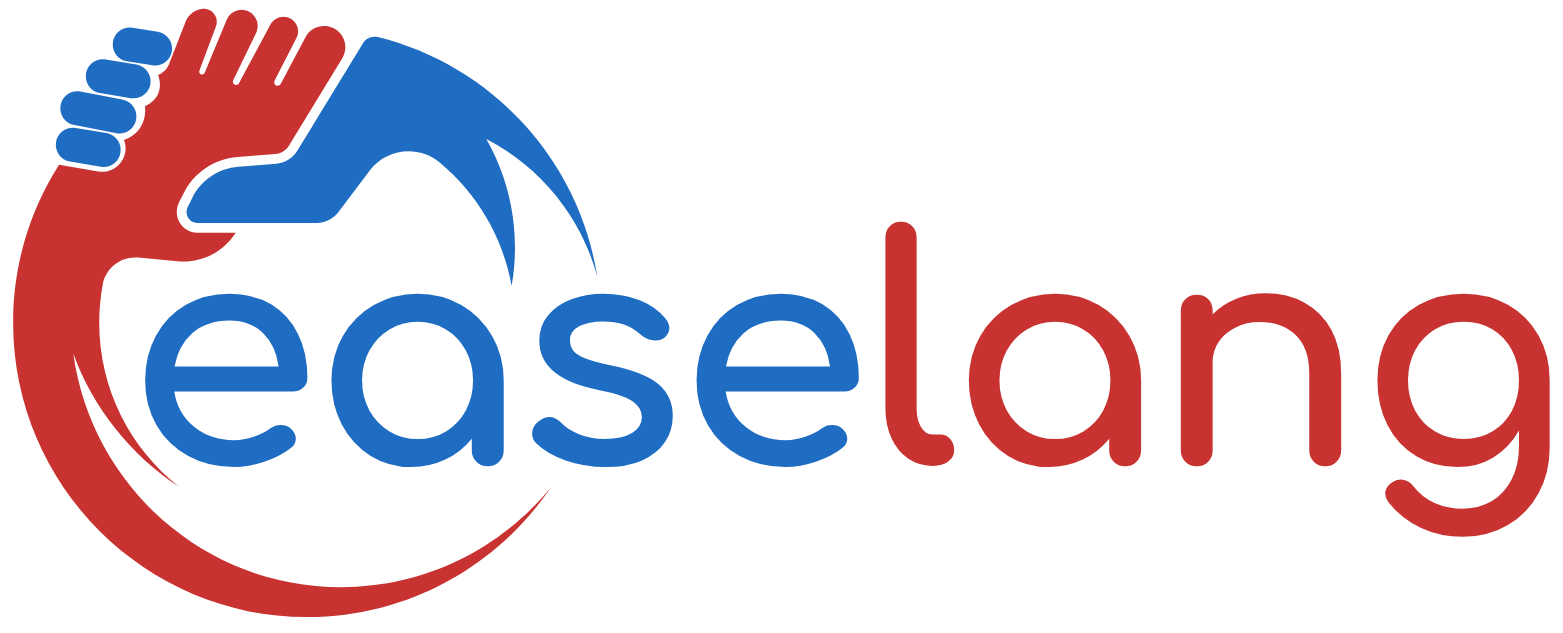Lesson Overview
In this lesson, you will learn essential French words that will help you form basic sentences and express common ideas. These words form the foundation of everyday communication in French.
Grammar Tip 1: Personal Pronouns and Possessive Adjectives
Personal pronouns in French (like je, tu, il, elle) are important for referring to people in conversation. They’re essential for building sentences.
Possessive adjectives like mon (my), ton (your), and son (his/her) show ownership and are used frequently in everyday conversations.
Example:
- Je parle français. (I speak French.)
- Il lit un livre. (He is reading a book.)
- C’est ma maison. (This is my house.)
Repeat these sentences out loud to practice pronunciation.
Grammar Tip 2: Conjunctions and Prepositions
Conjunctions such as et (and), mais (but), and ou (or) help connect words and ideas, which is key to forming more complex sentences.
Prepositions like avec (with) and sans (without) give more detail about relationships between objects and actions.
Example:
- Je suis avec toi. (I am with you.)
- Elle est sans livre. (She is without a book.)
- Moi et toi. (Me and you.)
Example Sentences Using Vocabulary
To make learning the vocabulary more practical, let’s add some simple sentences that use the new words in context:
Pronouns and Possessive Adjectives:
- Je suis à l’école. (I am at school.)
- Il est mon ami. (He is my friend.)
- Nous sommes ici. (We are here.)
Conjunctions and Prepositions:
- Toi et moi parlons français. (You and I speak French.)
- Je veux ça, mais je ne peux pas. (I want this, but I can’t.)
- Il habite là-bas, derrière la maison. (He lives there, behind the house.)
Adjectives:
- C’est bien. (This is good.)
- Elle est toujours joyeuse. (She is always cheerful.)
- C’est une vieille maison. (This is an old house.)
Practice these sentences out loud to reinforce pronunciation and understanding.

